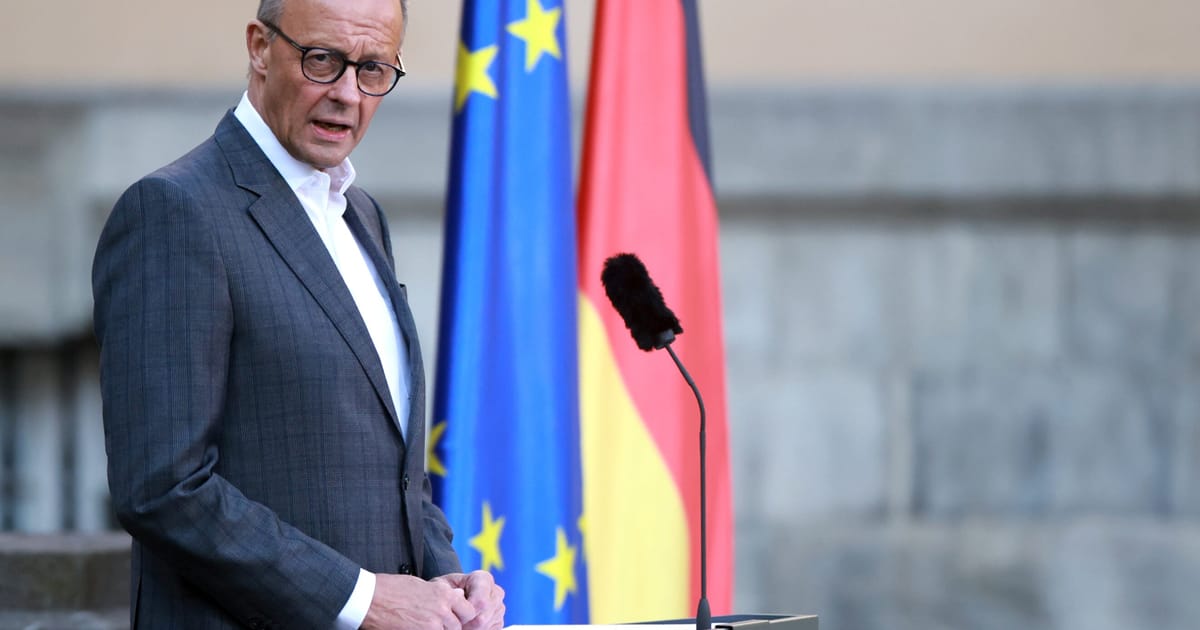Merz’s ideologically divergent coalition government — consisting of his conservative alliance and the center-left Social Democratic Party — has struggled to agree on a common position on the EU proposal to sanction Israel. SPD politicians broadly support the Commission’s proposals, while members of Merz’s conservative alliance oppose it.
Trump’s peace plan may have essentially gotten Merz’s coalition off the hook amid those disagreements. There was no sign the coalition had come up with a joint position on Israel sanctions ahead of Trump and Netanyahu’s announcement on Monday.
Earlier on Tuesday, Merz referred to Trump’s peace plan for Gaza as the best chance yet to end the war in Gaza. German Foreign Minister Johann Wadephul announced he will travel to the Middle East over the weekend, where he is expected to meet with Israeli officials.
Passage of the European Commission’s sanctions proposals would depend on German support. A partial suspension of trade elements of the EU-Israel Association Agreement would require a qualified majority among EU governments. Sanctioning Israeli ministers would require a unanimous vote.
If there is no agreement within Germany’s coalition, “we automatically abstain,” a German government official told POLITICO earlier this month regarding potential votes on the sanctions proposals.
